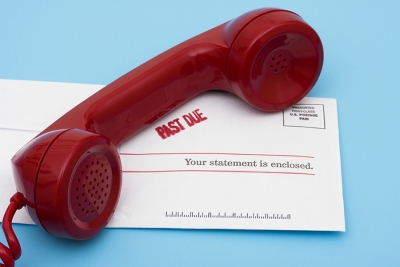Even though parents want their kids to grow up into smart, capable adults, not all children receive the financial education that can help them make their dreams into reality. While spending and saving are basic concepts that most young people understand well, credit is a trickier subject that merits some explanation, even to the brightest of kids. Whether you decide to trust your teen with a credit card or just want to prepare them for the future, the concept of credit is vital for all parents to relate to their tween and teen children.
Here’s how you can start:
Get Out the Calculator
When it comes to credit cards, borrowing and interest are two key terms to use with your kids. Explain that credit cards allow people to borrow money during a certain time period for free, and for a high price when the time is up. Take a flat amount like $100 and show them on a calculator just how high that number goes when charged interest month after month. Be sure to distinguish between the minimum payment and the statement amount so they never fall prey to paying off less credit card debt than they are able.
Use The Report Card Analogy
Tell your children that credit means more than just credit cards — it also refers to the amount of money you are qualified to borrow. Because kids are used to receiving grades and report cards, draw a parallel between grades at school and the “grades” different financial institutions give people who borrow money from them. Be certain to insist that, like grades at school, a poor performance will limit their options in life, whereas a good performance can give them great opportunities.
Show the Good With the Bad
While it’s tempting to error on the side of caution and discourage your child from using credit cards, it’s important to acknowledge that credit cards can also offer many important benefits, like building a high credit score and offering extra financial protection. Keep an open dialogue with your kids so they know when it’s okay to use credit and when it’s not. Remember, mistakes happen — but use them as learning experiences to help your child grow into a responsible, credit-worthy adult.






[…] CLICK HERE to find out […]
[…] Read the whole article here. https://nationalcreditfederation.com/how-to-explain-credit-to-your-kids/ […]
[…] Read the whole article here. https://nationalcreditfederation.com/how-to-explain-credit-to-your-kids/ […]